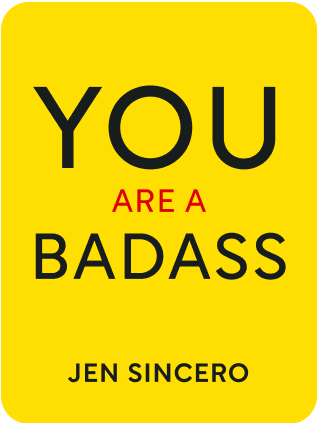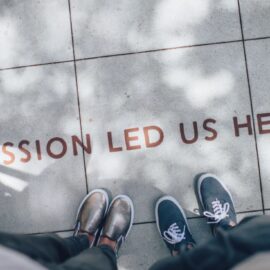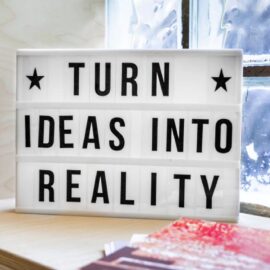

This article is an excerpt from the Shortform book guide to "You Are A Badass" by Jen Sincero. Shortform has the world's best summaries and analyses of books you should be reading.
Like this article? Sign up for a free trial here .
Do you struggle with letting go of resentment or carrying around guilt? Do you want to learn how you can practice forgiveness and break free of the prison that is anger?
When you decide to practice forgiveness and let negative feelings melt away, you are on the path to freedom. Forgiving someone is not letting them off the hook—it’s letting yourself off the hook.
Continue reading to learn how you can practice forgiveness in your every day life.
How to Practice Forgiveness
When you hold onto resentment, you give away your power. It’s like “taking poison and waiting for your enemies to die.” When you carry around guilt and resentment, your Ego is in charge. It holds onto the past, keeps you a prisoner to your pain, and lowers your frequency.
But when you decide to practice forgiveness and let negative feelings melt away, you are on the path to freedom. Your higher self is in charge and you own your power, banishing the anger, resentment and hurt.
When you have an issue with someone you love, explain how you feel, but don’t blame. Practice forgiveness regardless of the outcome. When you have an issue with someone you don’t care about, just free yourself and let it go, regardless of whether or not they understand how wrong they are. Forgiving someone is not letting them off the hook — it’s letting yourself off the hook.
Tips on Learning to Forgive
How do you actually let go of the negative feelings and practice forgiveness?
Compassion. The only way to truly heal after someone does something awful to you is to find compassion for them (or yourself, if that’s who you need to forgive). One technique is to imagine the person who wronged you as a child. Think of them acting out of fear, or trying to protect themselves and deal with their own suffering.
Understand it’s about you, not them. You have a choice in how you react and respond when you’re faced with a bad situation. When you remove the other person from the situation, you can open yourself up to a more calm, pleasant reaction. Irritating situations and people are opportunities for growth, not pain.
To illustrate this concept, imagine you’re on a boat and another boat bangs into yours, scratching it. If there’s a texting moron driving the boat that ran into you, you might deal with it by yelling or going crazy. But if there’s nobody in the boat, there’s nobody to get mad at and you can deal with the situation calmly. The same situation (scratched boat), but two different ways to react. If you have nobody to be angry at, it’s hard to be angry. Instead, it opens the incident to questions. Why did this happen? How did I attract this? How can I grow from this?
Be happy instead of right. Even if the other person in a challenging situation handled things poorly, instead of holding on to anger for days, it’s better to let it go. Ask yourself, what do I have to think or do right now to be happy? The answer may be, “Let her think she’s right.”
Look at the situation from different angles: When you look at a situation from another perspective and let go of your “my way or the highway” tendencies, resentment dies down. Yours is not the only perspective, and your perception is limited.
For example, imagine a friend doesn’t text you back. You wonder if she’s angry, then you may spin out into resentment, thinking, What’s her problem!? In reality there are a million reasons she didn’t text back. She may have just dropped her phone in a toilet.
When you’re inquisitive about a situation, you set yourself up to forgive another person more easily because you realize it’s about you, not them; you become wise to some of your less-than-enlightened qualities. You could be one question away from being happy. For example, you could ask, “Why am I freaking out over something I have no proof of?”
Get it out of your system. Beat a pillow, scream and let yourself have a total conniption. Then let it go.
Understand that you won’t even remember this. Whatever you’re dealing with right now will only be a blip in your memory in the future. Try to imagine a situation three years ago when you were angry and upset with someone. You may not be able to even recall the details, and you certainly won’t get all worked up again.
Forget about it. After you practice forgiveness, wipe the slate clean. Don’t judge the other person in the future through the lens of their past actions. Release all your expectations and give the person a blank slate. Focus on the good in them.
Love yourself.

———End of Preview———
Like what you just read? Read the rest of the world's best book summary and analysis of Jen Sincero's "You Are A Badass" at Shortform .
Here's what you'll find in our full You Are A Badass summary :
- How to go from wanting to change your life to deciding to do it
- How to stop your self-sabotaging thoughts
- How to tap into Source Energy for mental and spiritual strength






